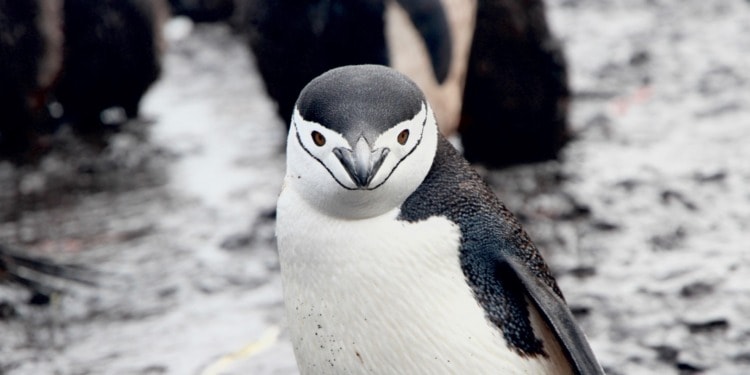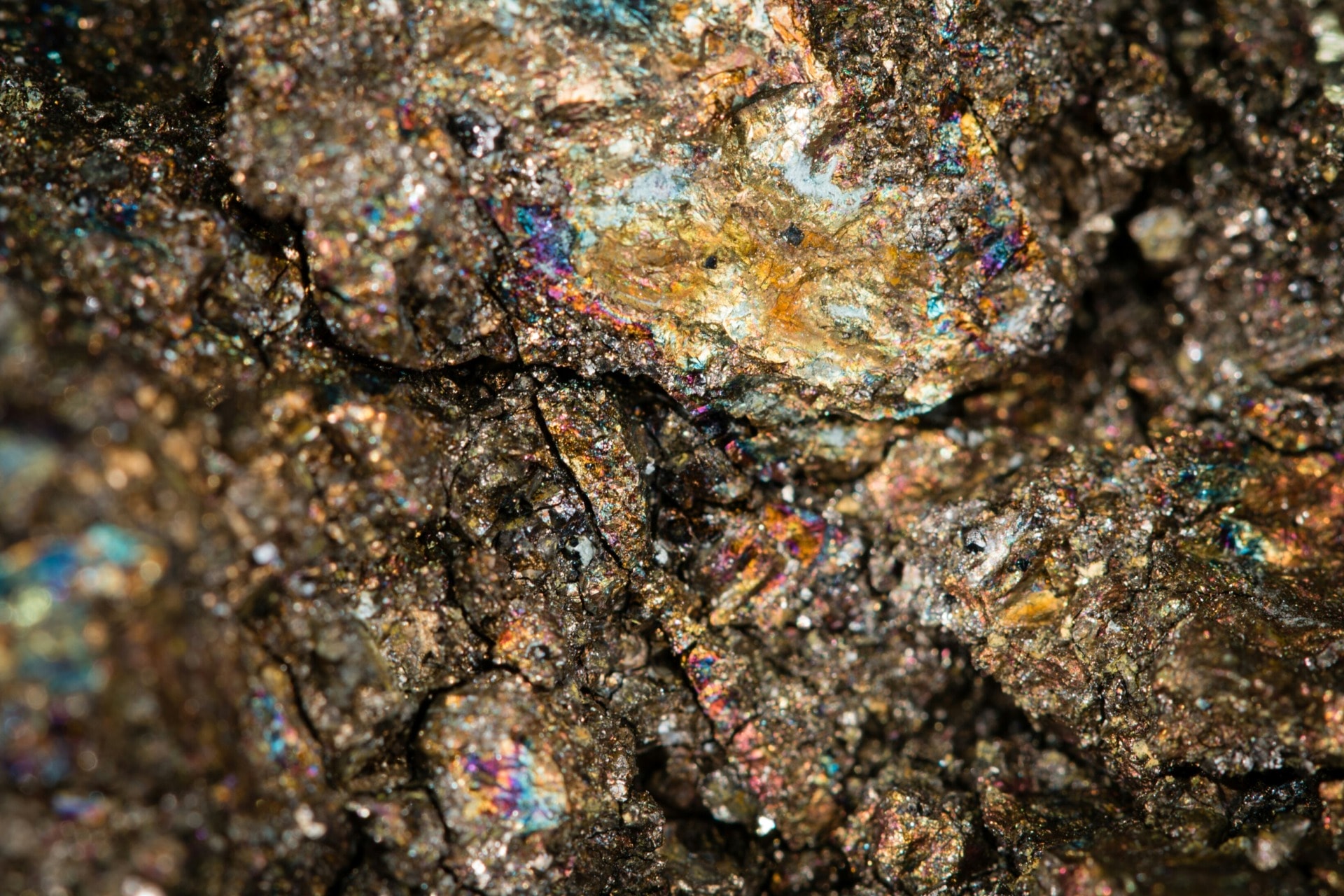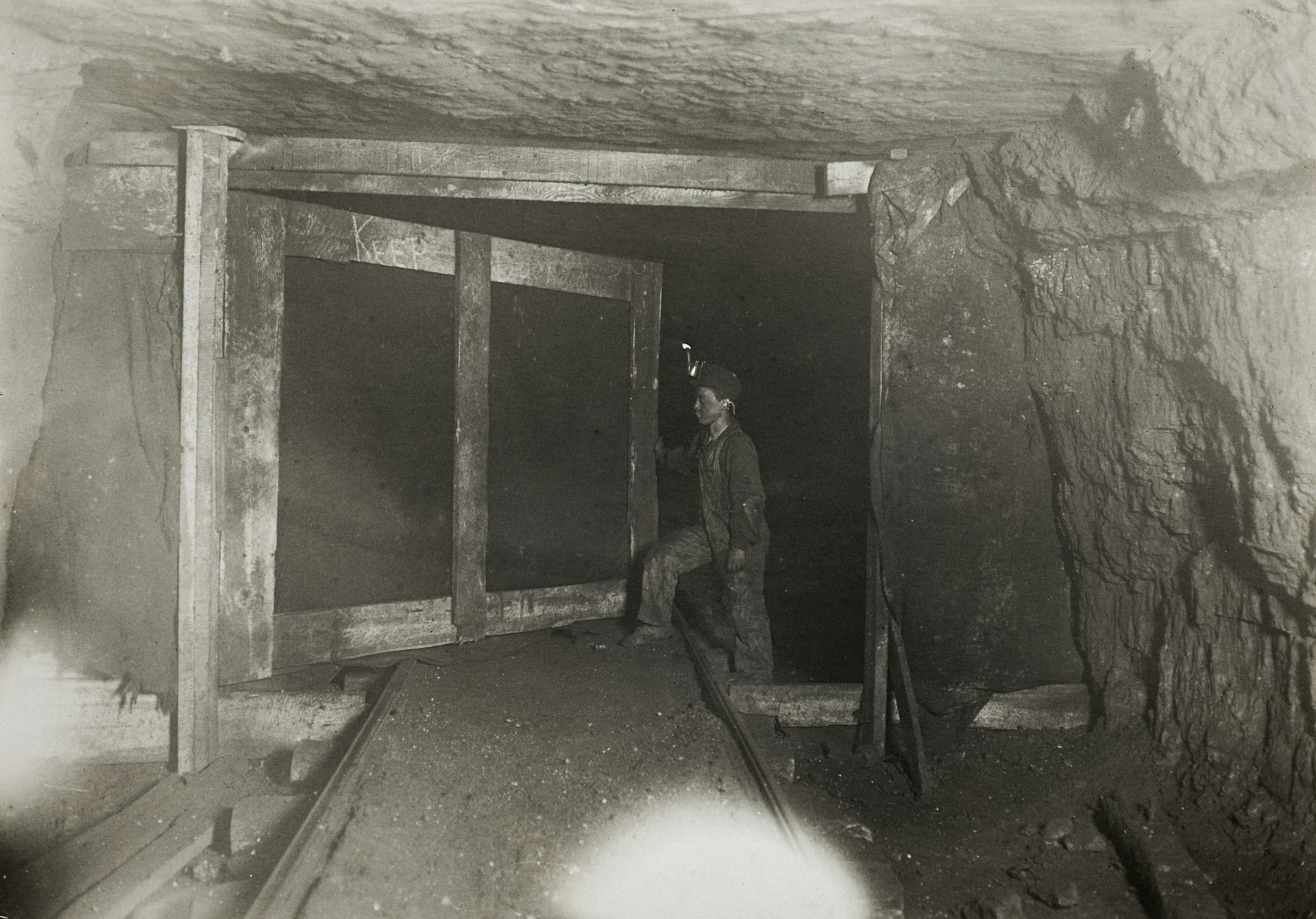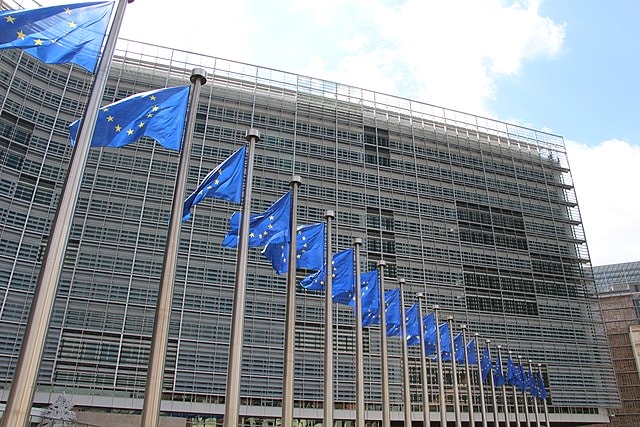New research sheds light on the extraordinary sleep patterns of Chinstrap Penguins in Antarctica.
In the harsh, icy landscapes of Antarctica, chinstrap penguins have unveiled a captivating secret to survival: they manage to thrive on microsleeps, taking more than 10,000 short naps throughout the day.
With each nap lasting four seconds on average, the penguins accumulate 11 hours of sleep per day — without ever plunging into a deep, uninterrupted sleep, researchers from the Lyon Neuroscience Research Centre found.
Why do Chinstrap Penguins sleep that way?
Chinstrap penguins face unique challenges, especially when one parent sits on the nest for extended periods while the partner is away feeding. Extended sleep could expose their eggs or young to the danger of predation and this sleep pattern enables them to maintain constant vigilance over their nests, safeguarding eggs and chicks.
“Humans cannot sustain this state, but penguins can,” said lead researcher Paul-Antoine Libourel, who studies animals’ sleep patterns. “Sleep is much more complex in its diversity than what we read about in most textbooks.”
According to the researchers, this finding is “unprecedented, even among penguins.”
Related Articles: Deaths of Emperor Penguins in Antarctica: How Climate Change Made Them Possible | How You Can Watch Penguins From Home and Help Save Antarctica
The study, published in the journal Science, indicates that these microsleeps serve some of the essential restorative functions of sleep. The penguins exhibit this fragmented sleep pattern regardless of their position on land, whether standing up or lying down.
This adaptation allows them to balance the need for rest with the constant threat of predation.
Studying Penguins’ sleep
Using electroencephalogram (EEG) monitoring and continuous video footage, the researchers studied 14 chinstrap penguins incubating eggs in the wild, of more than 2,700 breeding pairs from their colony. They identified microsleeps through sleep-related brain activity and eye-closure.
Interestingly, a slight increase in the depth of sleep was observed around noon, potentially indicating a lower risk of predation.
Challenging the importance of sleep
The findings, researchers Christian Harding and Vladyslav Vyazovskiy write, challenge the prevailing view of sleep as an essential state for waking performance:
“The data reported by Libourel et al could be one of the most extreme examples of the incremental nature by which the benefits of sleep can accrue. Proving that sleeping in this way comes at no cost to the penguin would challenge the current interpretation of fragmentation as inherently detrimental to sleep quality.”
Editor’s Note: The opinions expressed here by the authors are their own, not those of Impakter.com — In the Featured Photo: A Chinstrap Penguin in Antarctica. Featured Photo Credit: Wikimedia Commons.











